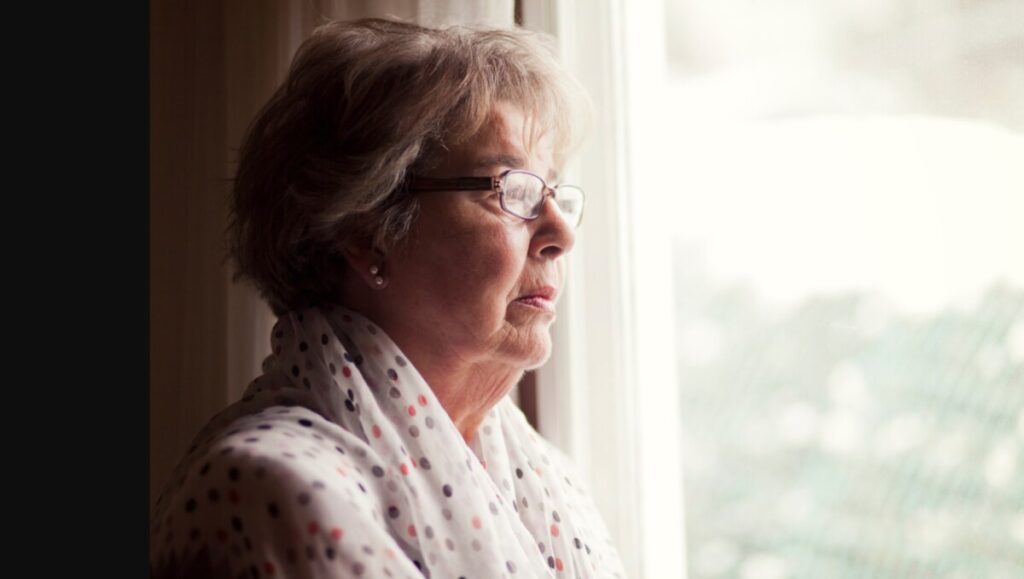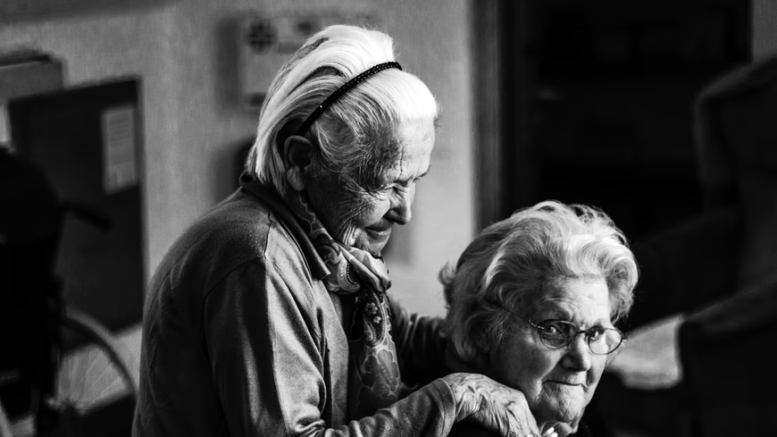Time is an important element in almost anything people do. If you were late to a meeting, you might have missed a lot of things and discussion. The same way you schedule a flight or a meeting, you would want the other party to be on time in order for both of you to maximize your time. Wasting time has never been louder or more emphasized than at a time when people are actually running out of it.
In decision-making, it’s also important to consider time. One late decision could put many things at risk. And sometimes, these things are things that actually matter a lot. Once people make a mistake, the realizations and regrets come last, so it’s never a waste of time to think twice and make smart decisions.
Before deciding to go to hospice care, there may be tell-tale signs that indicate whether it may be time for Blue Monarch hospice.
Blue Monarch Hospice: Signs to Know Whether it May be Time for Hospice
- Hospitalizations or ER visits on a regular basis – Regular hospitalization may be a sign of a problem regarding your health. It would be essential to talk to your doctor for a consultation for you to confirm your health situation.
- Infections that recur on a regular basis – Infections can be a tell-tale sign of something wrong with your body. It would be helpful to ask a professional regarding these things for you to be able to pinpoint and confirm your condition.
- Pain that won’t go away, shortness of breath, nausea, or vomiting
- When you or your loved one also experiences reduced appetite, resulting in significant weight reduction and body composition modifications, these could be signs of something wrong with your body, and perhaps, you would want to know more about this.
- Rapid decline in health over the past six months, even with active medical treatments
- Reduced alertness, withdrawal, sleepiness, or mental confusion
- Inability to carry out everyday activities such as eating, walking, using the restroom, personal cleaning, or dressing.
- A decision to focus on quality of life instead of aggressive medications and treatments – Sometimes all it takes is dedication to go on and enjoy life instead of worrying over things that you have no control over.
Blue Monarch Hospice: Services Hospices Provide
Certain services are required of all hospice providers. Although they have non-negotiables in their services, each of them has a diverse approach to customer service, staffing patterns, and the sorts of support services they provide. Finding the right hospice that caters to your needs and wants should be essential as they will be a companion.
Symptom control and palliative/supportive care
Palliative care can also be termed as supportive care, symptom management, and comfort care. It can be delivered independently of hospice care (for example, while still undergoing active cancer therapy), but it is frequently included in hospice care once cancer has progressed beyond treatment. But palliative care is not a treatment for cancer, either. Instead, it’s utilized as early as feasible to prevent or treat symptoms and adverse effects.
The major purpose of incorporating palliative care into hospice services is to make patients as comfortable as possible while allowing them to enjoy their final days. They provide comfort and handle any discomfort, pain, nausea, and other side effects.

Family Meetings
Family members are kept informed about your illness and what to expect through regular meetings, which are generally led by the hospice nurse or social worker. These gatherings also provide an opportunity for everyone to express their sentiments, discuss what’s going on and what’s required, and learn about death and the dying process. These sessions may provide a lot of support and stress relief for family members. Most hospices even provide daily updates for the family members.
Choice between impatience hospice care and home care
Although most hospice care is provided at home, you may need to be admitted to a hospital, an extended-care facility, or an inpatient hospice clinic at times. Inpatient care can be arranged by your home hospice team, and they will remain involved in your care and with your family. When you and your family are ready, you can return to in-home care.
Spiritual Care
Blue Monarch hospice also provides spiritual care. This type of service is tailored to your unique requirements and religious beliefs because everyone’s spiritual demands and beliefs are different. It’s open minded and freedom is emphasized.
Coordinated care
Blue Monarch Hospice also provides different groups that work in different posts to better their patient’s experience. The staff assigned in these categories are consistently coordinated and supervised by the hospice staff seven days a week, 24 hours a day. This group is in charge of ensuring that all of the services involved communicate information. A lot of people are involved in the care-taking of patients like inpatient institutions, the doctor, and other community experts, including pharmacists, pastors, and funeral directors. If a patient needs anything, someone is always available to assist you. Hospice care gives you and your family the assurance that you are not alone and that aid is available at any moment.
Respite Care
Some hospice organizations provide respite care for patients who are being cared for at home, allowing friends and family members to take a break from caring for them. It’s also possible for your family to arrange a mini-vacation, attend special events, or simply relax at home. This gives them time to take a break and for the patient to spend time in the inpatient institution.
Bereavement Care
The phase of grief following a loss is known as bereavement. This is perhaps the greatest challenge and the saddest part of the process. The hospice care staff works with surviving family members to assist them in mourning. Hospices provide a professional counselor through visits, trained volunteers, a clergy person, phone calls, and/or other forms of contact, as well as through support groups. If necessary, the hospice staff can refer family members and caregivers to other medical or professional services. Typically, bereavement services are offered for a year following the patient’s death.
